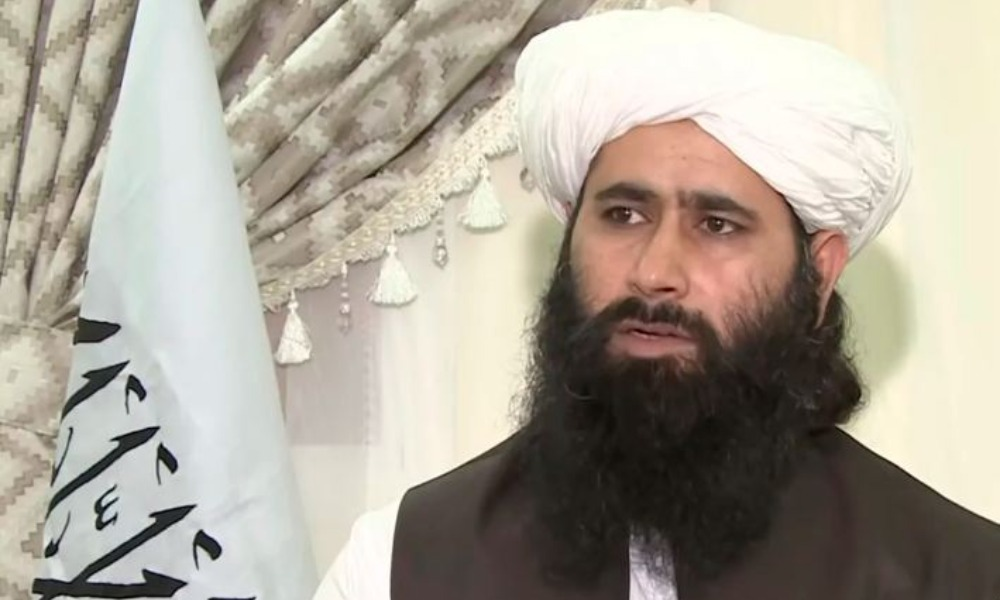Taliban state they ‘are not ready’ for the Istanbul Conference

The Taliban’s spokesman Mohammad Naeem said on Monday the group is not ready to participate at the Istanbul Conference scheduled to start on April 16.
Naeem told Ariana News that if a later date is set, the group will hold discussions on whether to attend and will then “share the details of our decisions.”
Meanwhile, the Afghan government and the High Council for National Reconciliation (HCNR) are working to finalize the list of Turkey conference participants that will represent the Republic.
Sources said that 19 people – including politicians, government officials, and representatives of Afghan women – are expected to attend the conference.
According to the source, Chairman of the HCNR Abdullah Abdullah, Former President Hamid Karzai, Former Mujahidin leader Abdul Rasul Sayyaf, Marshal Abdul Rashid Dostum, Foreign Minister Mohammad Haneef Atmar, Jamiat-e-Islami Leader Salahuddin Rabbani, Former Vice President Mohammad Karim Khalili, Former Vice President Yunus Qanuni, Former Balkh Governor Atta Mohammad Noor, NSA Hamdullah Mohib, Sayeed Hamid Gailani, President’s Advisor for Political and Security Affairs Mohammad Mohaqiq, Chief Negotiator Masoom Stanekzai, Salam Rahimi, Deputy HCNR Hajji Din Mohammad, Habiba Sarabi, Fawzia Koofi, Fatima Gailani, and Hizb-e-Islami Leader Gulbuddin Hekmatyar are expected to attend the Istanbul Conference from the Islamic Republic side.
The HCNR, however, said this list is not finalized, adding “changes could be made in the list. Most of the participants are leading politicians.”
This comes as the US, UN, Turkey, and Qatar have handed over guiding principles for the Istanbul Summit to the Afghan government and the Taliban.
A document seen by Ariana News shows that there are nine guiding principles that could help the negotiating parties reach an agreement on some key points ahead of the Istanbul conference.
The principles include:
1- A permanent and comprehensive ceasefire is needed for the country
2- Conducting joint work for the restoration of peace without mutual accusation
3- Political partnership under Islamic principles
4- Formation of an inclusive and accountable participatory government
5- Future political arrangements need to reflect the diversity of Afghan society by way of providing equal rights for all citizens and without discrimination
6- Protecting and supporting human rights in Afghanistan
7- Future government will implement a balanced socio-economic development program to cope with poverty in Afghanistan
8- Afghanistan will maintain friendly relations with its neighbors, the region, and the international community
9- The two parties have to engage in peaceful negotiations in order to implement these principles
